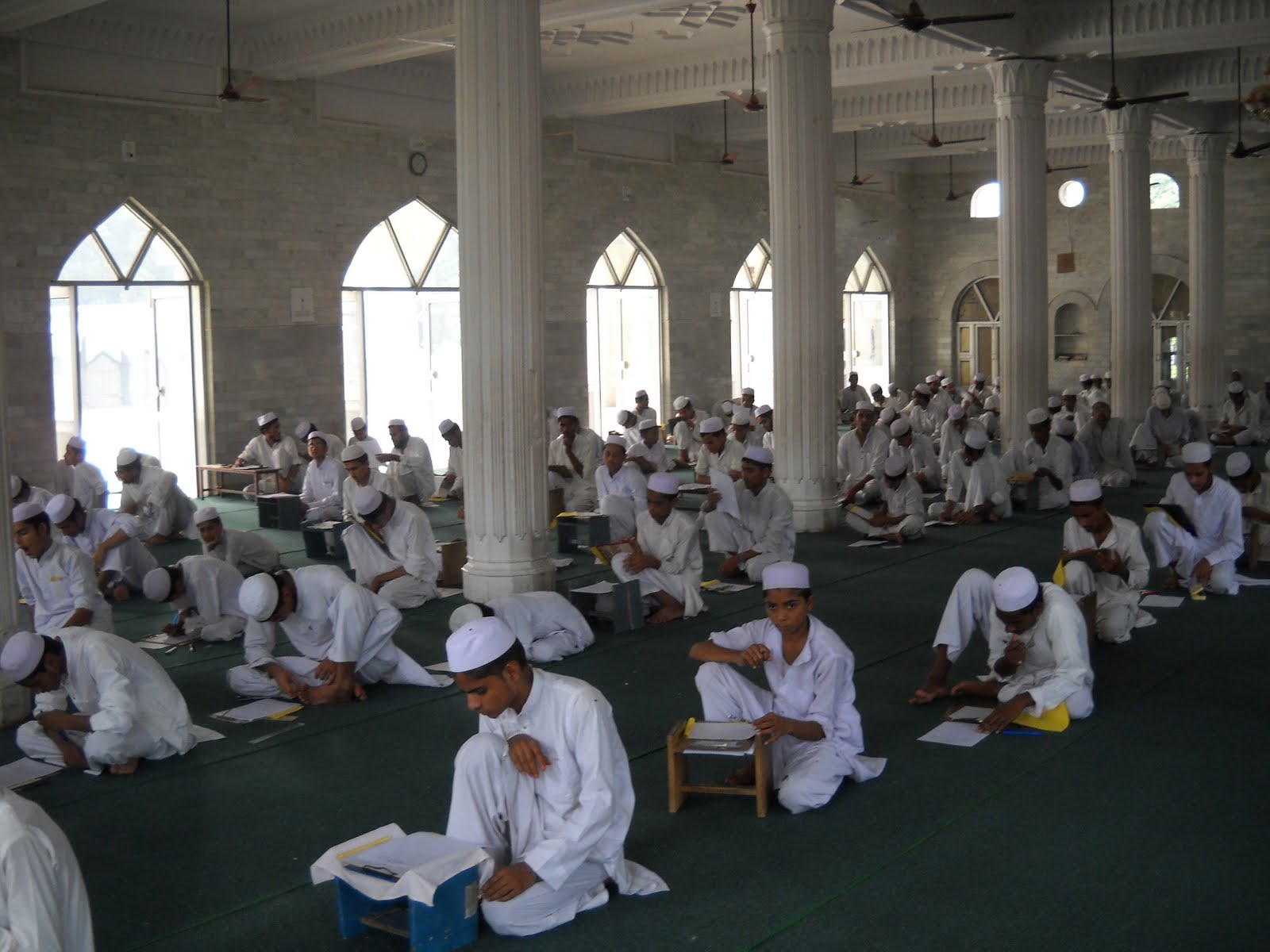Uttar Pradesh tops the list of states with the most number of such unrecognised madrasas.
New Delhi: Around 20% of madrasas in the country are not recognised by the government. Uttar Pradesh tops the list of states with the maximum number of unrecognised madrasas, while Andhra Pradesh and West Bengal have more number of unrecognised madrasas than the recognised ones. In Telangana, all the madrasas are unrecognised.
As per information provided by the Ministry of Minority Affairs, India has 24,010 madrasas, out of which 4,878 were unrecognised, in 2018-19. UP has 2,907 unrecognised madrasas, the maximum in the country.
Interestingly, in Andhra Pradesh, the number of unrecognised madrasas outnumbers the recognised ones—there are only 12 are recognised madrasas, while 246 are unrecognised.
In Telangana, all the madrasas (180) are unrecognised, while not a single one is recognised. Similarly, West Bengal has 609 recognised madrasas, while the number of unrecognised ones madrasas is 685.
Based on the “National Curriculum Framework-2005”, the NCERT formulated a model syllabi and textbooks on school subjects across different stages of schooling. Schools, whether private or government, are affiliated to either Central Board or State Boards. As education is on the concurrent list, schools including madrasas affiliated to state education/examination boards, are free to implement their state syllabi and textbooks or adopt the NCERT’s syllabi and textbooks. CBSE adopts syllabi developed by the NCERT. As per information, there are broadly two types of madarsa system of education in India—Madrasa Darse Nizami, which are run by public charity, and Madarsa Darse Aliya. Madrasa Darse Nizami madarsas are not bound to follow the curriculum of school education of the respective state. The medium of education in such madrasas is Arabic, Urdu and Persian.
However, Madras Darse Aliya is affiliated with the Madarsa Education Board in respective states. These madarsas follow the curriculum of school education of the respective states. They use textbooks published by the State Textbook Corporation/agencies. If the state follows NCERT curriculum and textbooks in school education, Madrasa Darse Aliya follows the same curriculum and textbooks. Uttar Pradesh, interestingly, recently decided to follow NCERT textbooks in madrasas in the state.
The Centre provides financial assistance to the madrasas in order to improve their quality of eduction. The Department of School Education & Literacy, Ministry of Human Resource Development is implementing a Centrally-sponsored umbrella Scheme for Providing Education to Madarasas/Minorities (SPEMM) which comprises two schemes—Scheme for Providing Quality Education in Madarsas (SPQEM) and Infrastructure Development of Minority Institutions (IDMI).
Under SPQEM, financial assistance is provided to introduce science, mathematics, social studies, Hindi and English in the curriculum so that academic proficiency for Classes I-XII can be attained by children in the madarsas, along with opportunities to acquire education comparable to the National Education System for secondary and senior secondary levels. Teachers appointed under the scheme, are also provided in-service training for teaching modern subjects of science, mathematics, social studies, Hindi and English, to improve their pedagogical skill and quality of teaching. Under the IDMI scheme, financial assistance is provided to facilitate education of minorities by augmenting and strengthening school infrastructure in minority institutions in order to expand facilities for formal education to children of minority communities, and to encourage educational facilities for girls, children with special needs and those who are most deprived educationally among the minorities. Further, under the Pradhan Mantri Jan Vikas Karyakram (PMJVK) of the Ministry of Minority Affairs, projects to the tune of Rs 26.93 crore have been sanctioned to various state governments, for madrasas in the last two years. Besides, the Maulana Azad Education Foundation has also taken steps to improve madrasa education.

